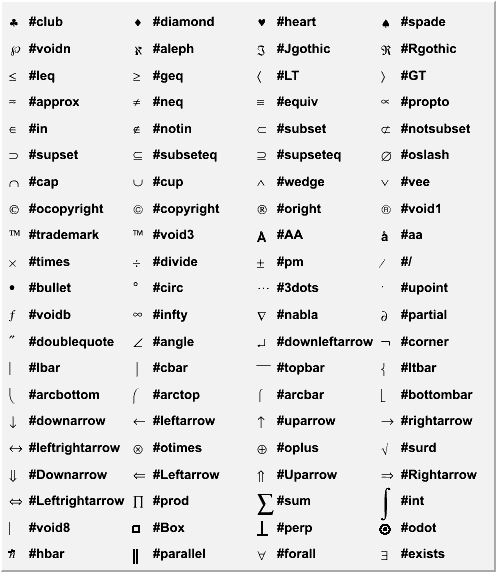

Wikipedia gained early contributors from Nupedia, Slashdot postings, and search engine indexing. Otherwise, there were relatively few rules initially and Wikipedia operated independently of Nupedia. Wikipedia's policy of "neutral point-of-view" was codified in its initial months, and was similar to Nupedia's earlier "nonbiased" policy. Wikipedia was formally launched on January 15, 2001, as a single English-language edition at and announced by Sanger on the Nupedia mailing list. On January 10, 2001, Larry Sanger proposed on the Nupedia mailing list to create a wiki as a "feeder" project for Nupedia. While Wales is credited with defining the goal of making a publicly editable encyclopedia, Sanger is usually credited with the counter-intuitive strategy of using a wiki to reach that goal. Larry Sanger and Jimmy Wales are the founders of Wikipedia.
#GREEK ISO CHARION NAME LICENSE#
Nupedia was licensed initially under its own Nupedia Open Content License, switching to the GNU Free Documentation License before Wikipedia's founding at the urging of Richard Stallman. Its main figures were Jimmy Wales, Bomis CEO, and Larry Sanger, editor-in-chief for Nupedia and later Wikipedia. Nupedia was founded on March 9, 2000, under the ownership of Bomis, Inc, a web portal company. Wikipedia began as a complementary project for Nupedia, a free online English-language encyclopedia project whose articles were written by experts and reviewed under a formal process. When Time Magazine recognized " You" as its Person of the Year 2006, praising the accelerating success of on-line collaboration and interaction by millions of users around the world, Wikipedia was the first particular " Web 2.0" service mentioned, followed by YouTube and MySpace. In addition to being an encyclopedic reference, Wikipedia has received major media attention as an online source of breaking news as it is constantly updated. Scholarly work suggests that vandalism is generally short-lived. Other criticisms are centered on its susceptibility to vandalism and the addition of spurious or unverified information. Wikipedia's reliability and accuracy are also an issue. As a result, contemporary popular icons with relatively low overall significance (TV hosts, pop singers etc.) are often more prominently featured than historical figures with high global importance. Ĭritics of Wikipedia target its systemic bias and inconsistencies and its policy of favoring consensus over credentials in its editorial process. Having steadily risen in popularity since its inception, it currently ranks among the top ten most-visited web sites worldwide. Wikipedia's articles have been written collaboratively by volunteers around the world, and nearly all of its articles can be edited by anyone with access to the Internet.

The English Wikipedia edition passed the 2,000,000-article mark on September 9, 2007, and as of Jit had over 2,413,000 articles consisting of over 1,048,000,000 words. Īs of April 2008, Wikipedia attracts 683 million visitors annually reading over 10 million articles in 253 languages, comprising a combined total of over 1.74 billion words for all Wikipedias. Launched in 2001 by Jimmy Wales and Larry Sanger, it is currently the largest, fastest-growing, and most popular general reference work on the Internet. Its name is a portmanteau of the words wiki (a technology for creating collaborative websites) and encyclopedia. Wikipedia ( pronunciation ) is a free, multilingual, open content encyclopedia project operated by the non-profit Wikimedia Foundation. The free encyclopedia that anyone can edit. For Wikipedia's non-encyclopedic visitor introduction, see Wikipedia:About. For the different, similar terms related to Wikipedia, see Wikipedia (terminology).


 0 kommentar(er)
0 kommentar(er)
